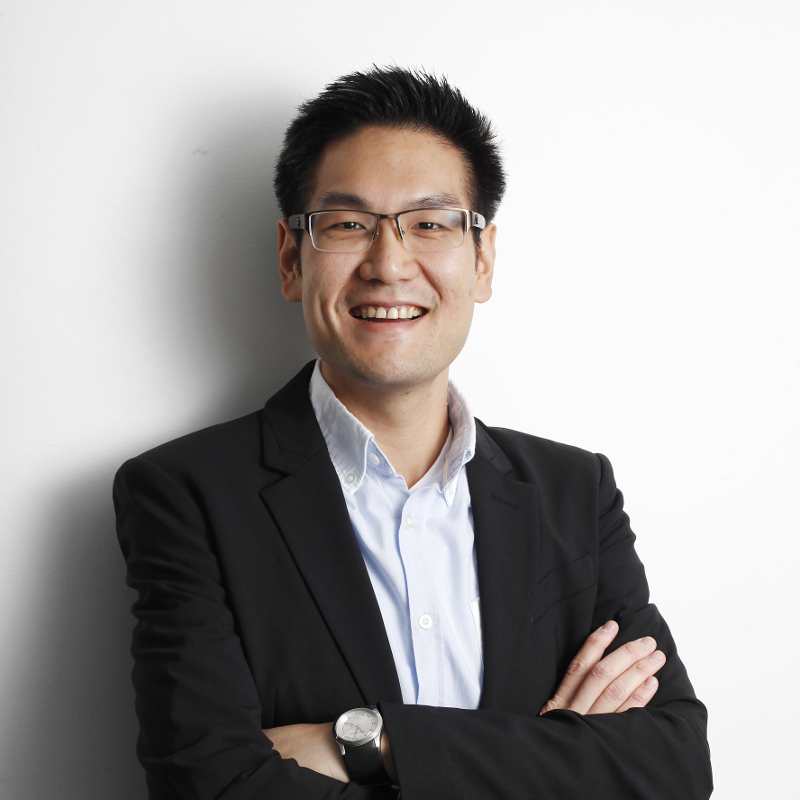Little Princess Trust News
Exciting progress from LPT researcher Dr Paul Huang

Did you know age can change how sarcoma cancers behave?
It would make sense to think that one type of cancer, like soft tissue sarcoma, would behave the same across all ages.
However, we know that it can be very different in teenagers and young adults (TYA) compared to older adults.
Unfortunately, young people often receive the same treatments as adults and it doesn't always work. Dr Paul Huang is on a mission to find out why.
Funded by The Little Princess Trust, Paul’s team at The Institute of Cancer Research is looking at the tiny proteins inside sarcoma cells.
Proteins are essential for controlling what a cell does – how it grows, divides, and even how it responds to treatment. Research shows that these proteins can be different in young people's sarcoma cells, compared to adults'.
These different proteins could be why TYA sarcomas don’t always respond to adult treatments.

Now, just a year into his project, Paul has already made some important discoveries. His recently published paper found that age really does affect what goes on inside sarcoma cells.
Paul’s team measured the amounts of more than 3,000 proteins in sarcoma cells from both TYA and adult patients and found key differences.
For example, older patients had more proteins controlling cell growth, while TYA sarcoma cells contained more proteins related to making energy for the cancer. These differences may explain why younger patients’ cancer cells behave differently.
The researchers identified another key difference in how proteins are made in young people's sarcoma. This seems to play a role in whether sarcoma responds well to treatment and whether it spreads.
Testing for this could help doctors predict how aggressive a young person’s cancer might be. With this knowledge, doctors could personalise treatment plans and improve care.
For example, giving high-risk patients extra treatment or reducing toxic treatments for those who don't need them.
Paul still has two years left in his project, and he’s just getting started. Next, he’ll expand his analysis to even more TYA sarcoma samples and eventually test new medicines to target the protein differences.
Find out more about this project here.
Latest Posts
New book reveals reality of a child’s cancer diagnosis
How can we help children and young people with bone cancer?
Charities join forces for Teenage and Young Adult Cancer Awareness Month
Natalie Dormer donates her locks to help children with hair loss
Artist helps us support our 20th anniversary



